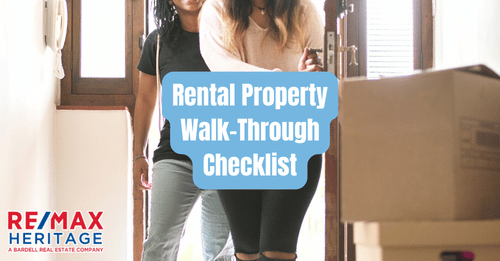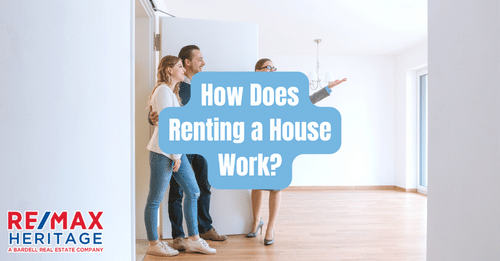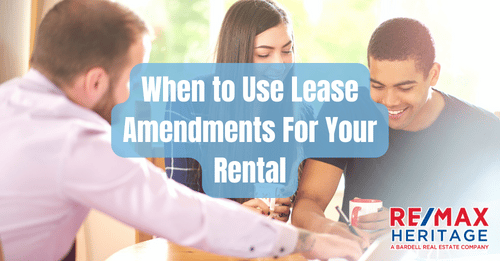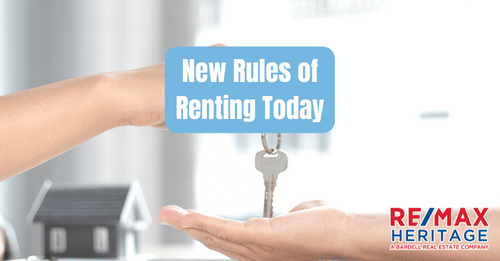
by Elsa Soto | Jan 6, 2023 | Blog, Long Term Rental, News, Property Management, Renters
Everything to Know About Move-In Fees Everything to Know About Move-In Fees Landlords are responsible for determining what fees tenants will pay to help cover the costs of maintenance, repairs, and other expenses associated with their rental — often in the form of a...

by Elsa Soto | Dec 30, 2022 | Blog, Homeowners, Homes, Villas and Condos, News, Property Management, Renters
Rental Property Walk-Through Checklist Rental Property Walk-Through Checklist Before a tenant moves into your rental, it’s important first to complete a rental property walk-through inspection to take note of your property’s condition. Failing to do so can make...

by Elsa Soto | Dec 23, 2022 | Blog, Homeowners, Homes, Villas and Condos, Long Term Rental, News, Property Management, Renters
How Does Renting a House Work? How Does Renting a House Work? With home prices and mortgages rising in a highly competitive homebuying market, you may have decided to rent instead of buying a house. If it’s your first time renting a house, then you may be...

by Elsa Soto | Dec 16, 2022 | Blog, Property Management, Real Estate News
What Is Rental Arbitrage? What Is Rental Arbitrage? With vacation and short-term rentals rising in popularity, more tenants are considering exploring rental arbitrage to generate a profit while renting. This is an easy way to enter the vacation rental industry without...

by Elsa Soto | Dec 9, 2022 | Blog, Homeowners, Homes, Villas and Condos, News, Property Management, Real Estate News, Renters
When to Use Lease Amendments For Your Rental When to Use Lease Amendments For Your Rental Landlords cannot change lease agreements once all parties sign, but lease amendments can help legally modify the lease agreement’s terms. However, it’s important to know...

by Elsa Soto | Dec 2, 2022 | Blog, News, Property Management, Renters
New Rules of Renting Today New Rules of Renting Today If you’re shopping for a rental right about now, you might be surprised by how much has changed. Rental prices—which plummeted during the early days of the COVID-19 pandemic—have shot up 26% in the past two years....








